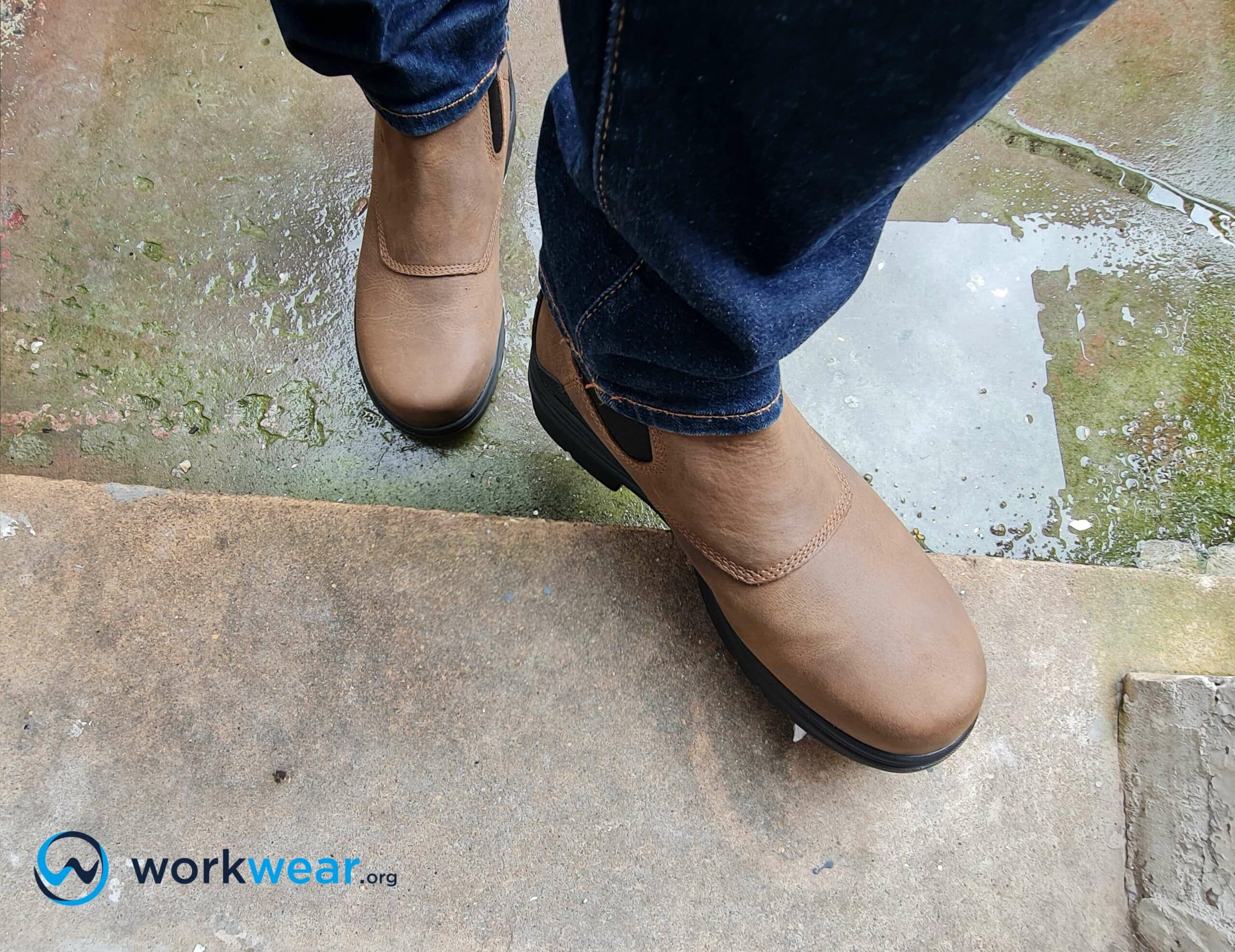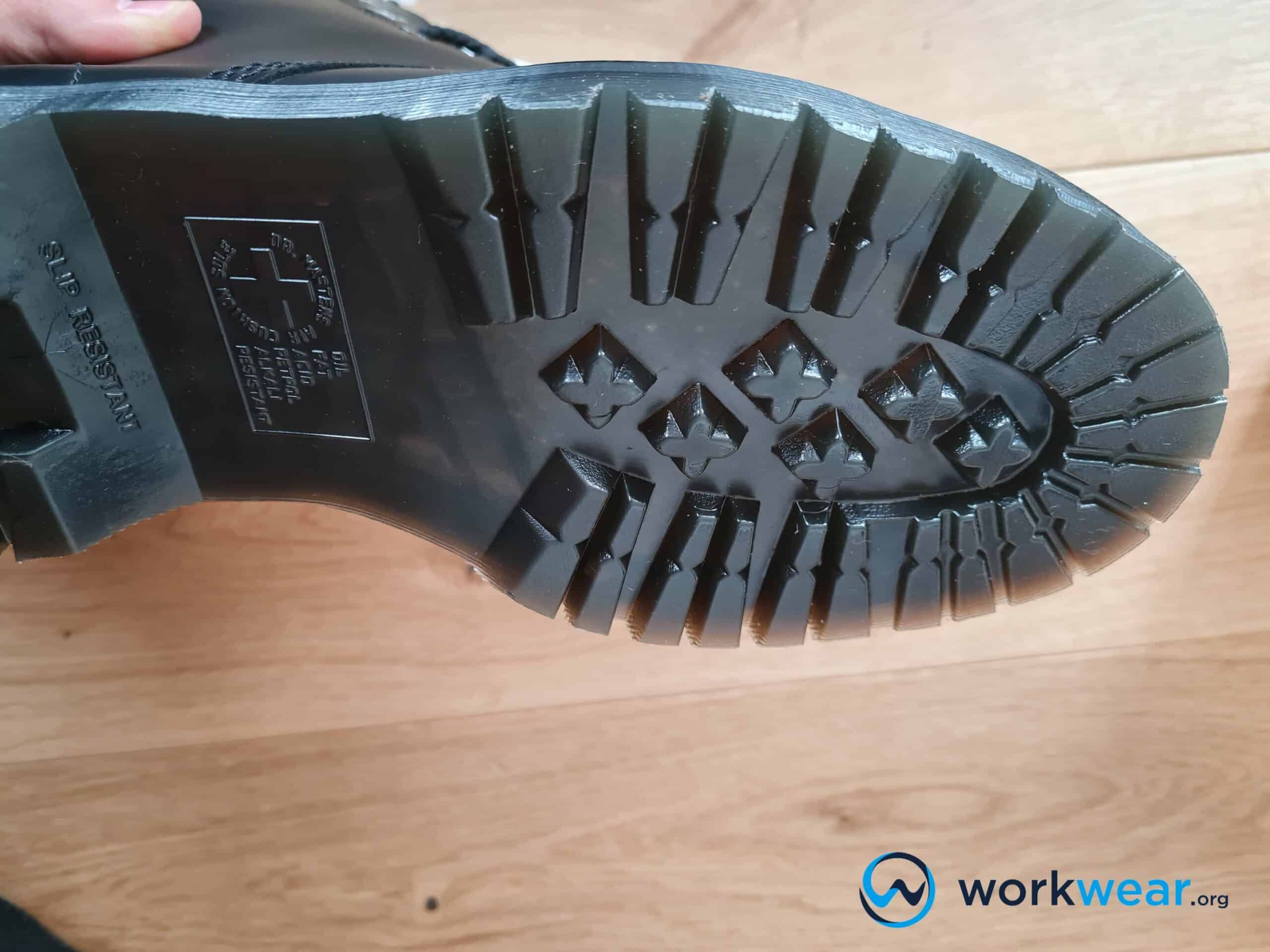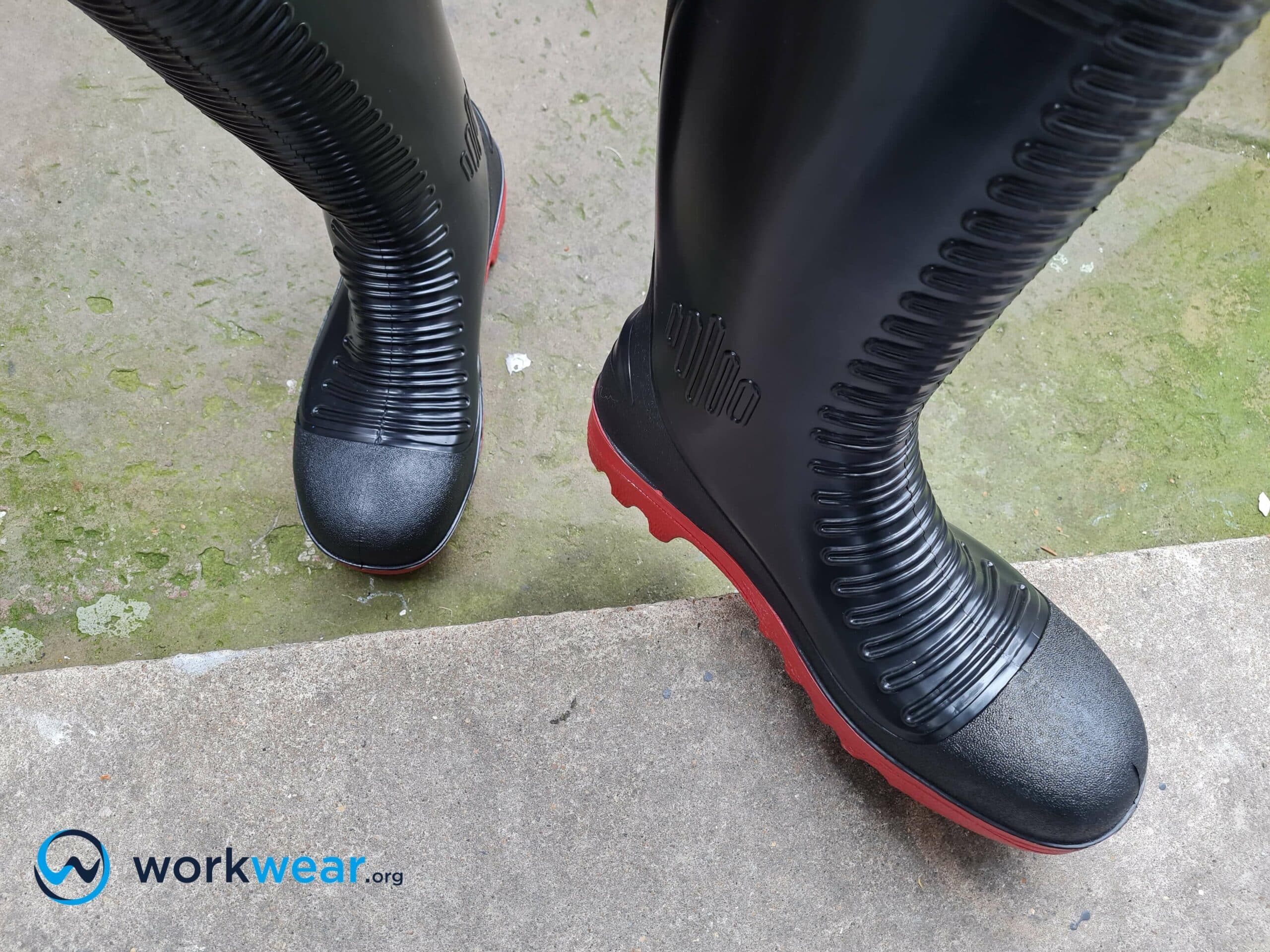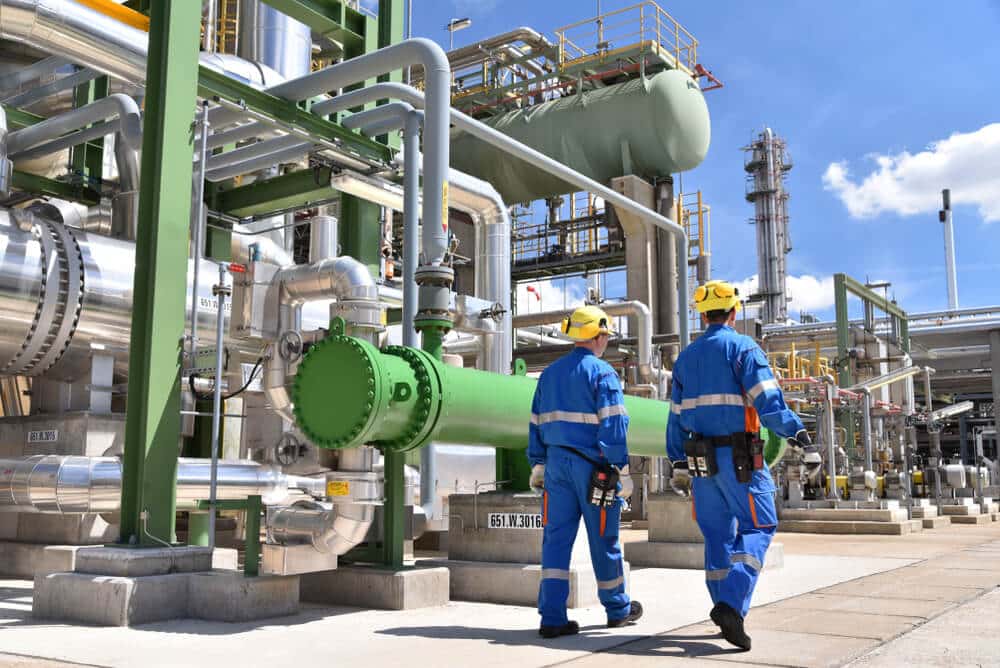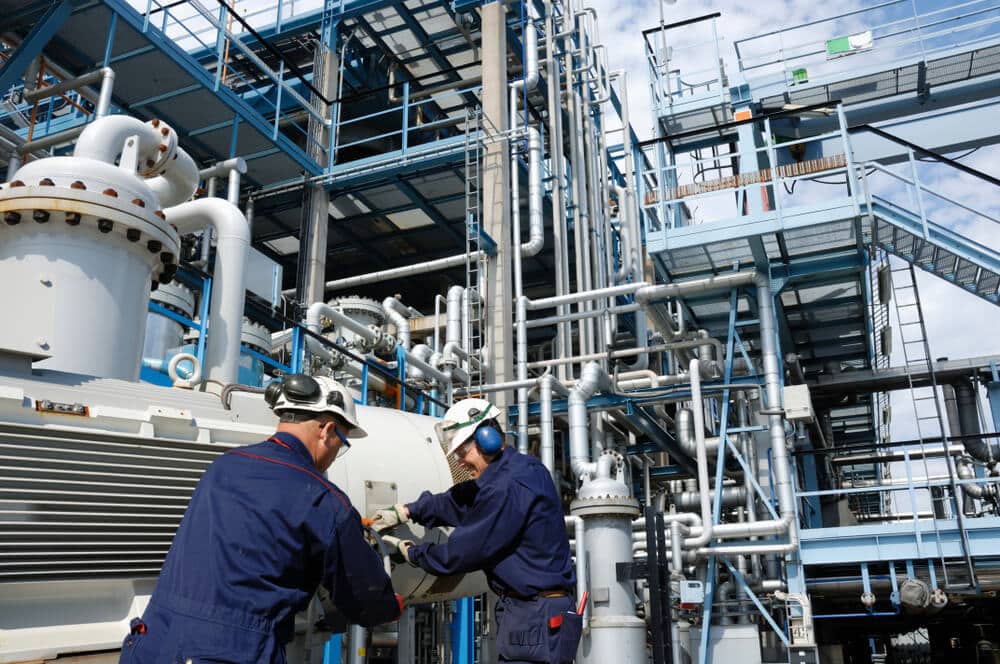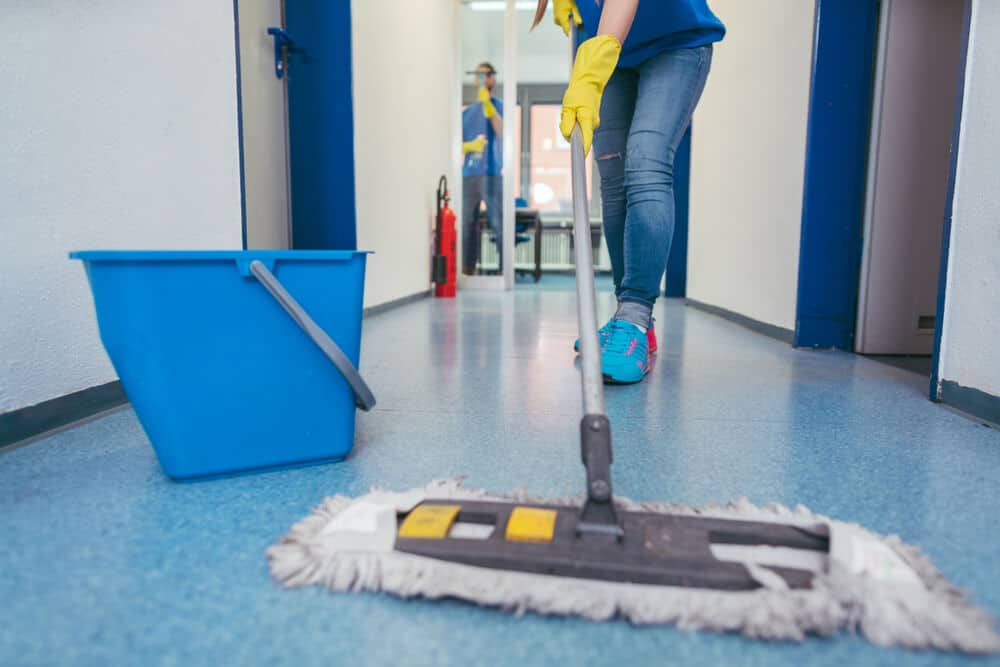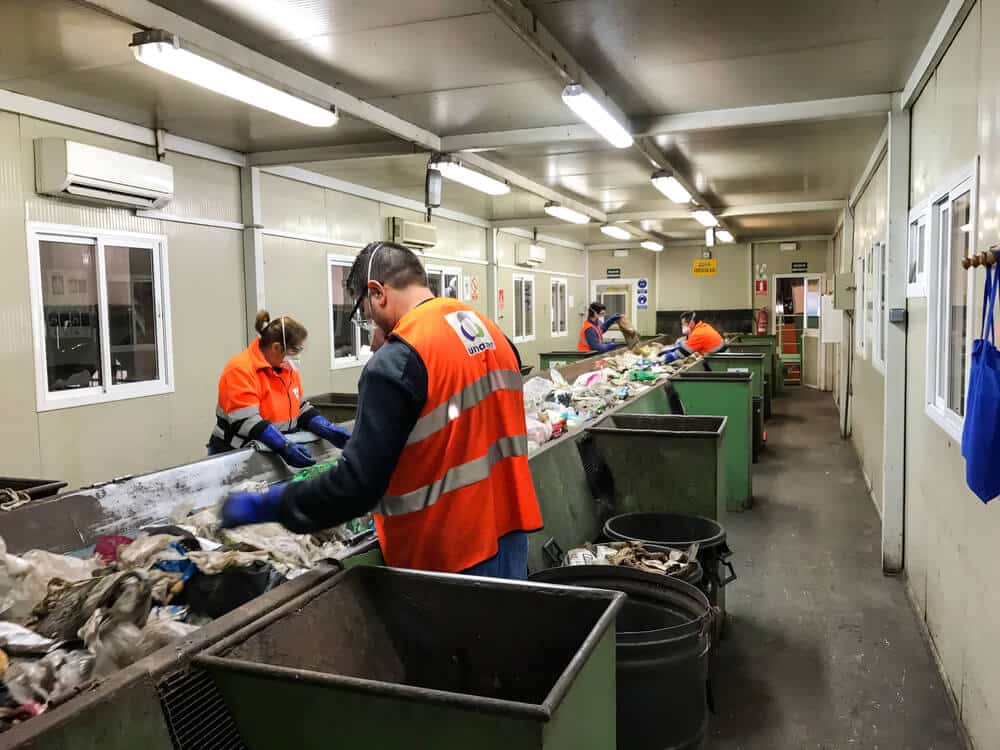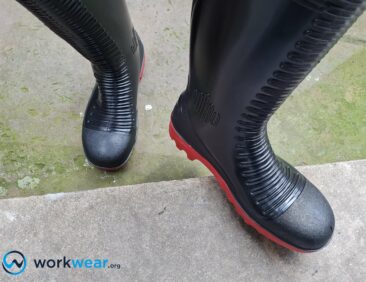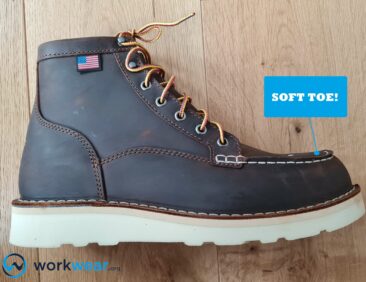Jobs that Require Boots with Acid-Resistant Soles
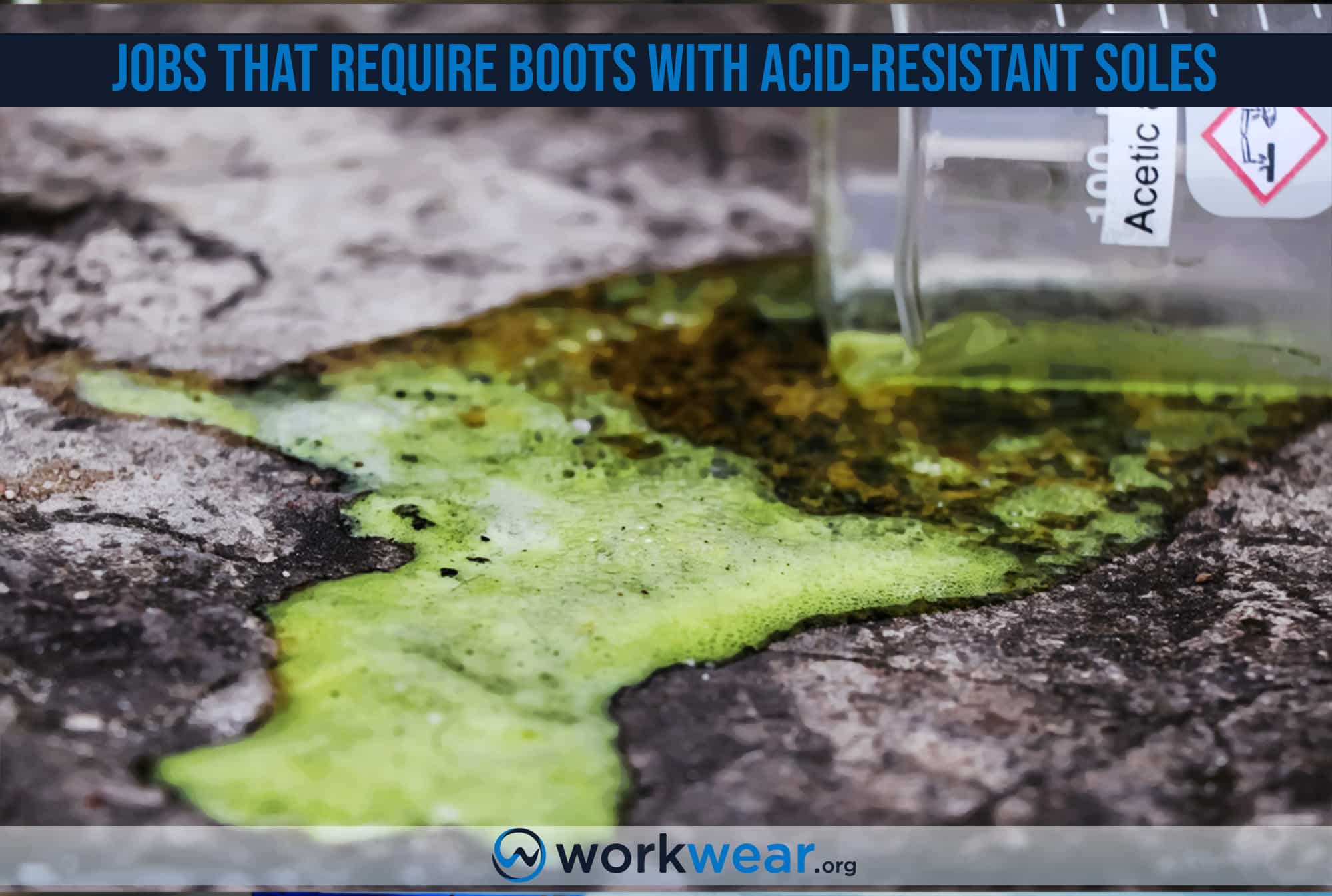
When working in environments with a risk of acid exposure, it’s crucial to wear the proper safety gear to avoid serious harm. Boots with acid-resistant soles are needed to keep the feet safer in potentially hazardous settings.
They shield the feet from the bottom, greatly reducing the risk of acid burns, skin irritation, or allergic reactions when exposed to acids and acid-based substances.
As corrosive materials won’t easily destroy acid-resistant soles, boots with these components offer longer-lasting aesthetic and functional benefits compared to those that don’t have this level of resistance. This article will determine which jobs require boots enhanced with acid-resistant soles for superior safety and better function.
Key Takeaways
Workers exposed to acids or acid-based products (or need to work with them) need enhanced protection to avoid the harmful effects of contact with these caustic substances. Boots with acid-resistant soles stop acids from seeping in, preventing skin irritation, chemical burns, and structural damage to the soles.
Acid-resistant soles can be fitted into soft-toe work boots with versatile styles or safety-toe work boots that are built with a host of other protective features. These protective soles may also be part of rubber boots for work or leisure activities.
Boots with acid-resistant soles are suitable for chemical laboratory technicians, chemical plant workers, pulp & paper industry workers, oil & gas plant workers, and cleaning personnel whose jobs involve being around acids or acid-based solutions.
Farmers, gardeners, and veterinary technicians require work boots with acid-resistant outsoles as their tasks require using products with acid components, which are used to care for plants and animals.
Boots with acid-resistant soles are ideal for first responders and food processing personnel whose tasks may need to be completed in areas where acids or acid-based products may be spilled on the ground.
Types of Boots with Acid-Resistant Soles
Soft Toe Work Boots
Soft-toe boots come in different styles that cater to different worksite requirements. Some of them can be used even off the clock, too. Even without safety toe caps, these boots are often fitted with other protective features, including acid-resistant soles. These components prevent structural damage after acid exposure to prolong the boots’ life.
They also protect the bottom of the feet from irritation and chemical burns, which can occur with contact with acid-based solutions.
Safety Toe Work Boots
Soft-toe boots are often built with features – including safety toe caps – that protect the feet in different work settings.
The soles of these boots may be designed to withstand exposure to various substances that may be harmful to the boot or the skin. For example, some safety toe boots have soles and uppers resistant to acids, while some only have this resistance in the outsoles.
The acid-resistant soles form barriers that keep acids from penetrating for superior protection against harsh acids and acid-based substances.
Rubber Boots
Rubber boots can be used in various environments for work and leisure. The ones with acid-resistant soles are ideal for areas where acids can be spilled or where corrosive substances are necessary to finish certain tasks.
The acid-resistant soles offer enhanced protection against chemical burns or irritation from exposure to acids or acid-based materials.
Rubber boots made entirely from acid-resistance materials will provide even better protection and coverage against corrosive substances.
Jobs that Require Boots with Acid-Resistant Soles
Farmers
Farmers’ work environments are composed not only of crops and natural materials, but they can also have caustic substances all around.
These harsh components may be included in pesticides and fertilizers, and barnyard acids may also be present in the work area.
Farmers need boots with acid-resistant soles that won’t allow acid penetration to protect the feet while working around these hazardous materials.
These boots can be made with rubber or leather and are designed to maintain their function and appearance even after acid exposure.
Chemical Plant Workers
Workers in chemical plants are at risk of exposure to different chemicals and acids daily, so they need work gear that will provide extra protection against the safety risks.
Boots with acid-resistant soles shield chemical plant workers’ feet against chemical burns or severe allergic reactions.
They protect the bottom of the feet because they don’t absorb the acids which may be spilled on the floors of chemical plants.
Gardeners
Gardeners are responsible for tending to trees, flowers, and other plants. As a result, they may need to turn to pesticides and fertilizers to keep the plants in good health. While working with these harsh products, gardeners need extra protection to help prevent skin irritation and burns.
Boots with acid-resistant soles can’t be penetrated by the nitric acid and sulfuric acid present in many chemical-based fertilizers and pesticides.
These boots can offer gardeners safer experiences while working with products that contain harmful acids.
Veterinary Technicians
Veterinary technicians and assistants handle various chemical-based products while caring for sick or wounded animals. These products may include fungicides (which may have salicylic acid) and antiseptic solutions containing acetic acid.
To protect the feet against the acid component of these solutions, veterinary technicians will need boots with acid-resistant soles.
The soles don’t allow acids to penetrate, protecting the feet while walking on floors where the acid-based substances are spilled.
Chemical Laboratory Technicians
Technicians working in chemical laboratories are always surrounded by substances that can cause serious harm.
Even with the most careful practices, accidents can still occur, so it’s important always to be ready with the proper protective gear.
Boots with acid-resistant soles shield the bottom of the feet so they won’t be in direct contact with harmful acids (such as hydrochloric acid) that may accidentally be spilled on lab floors.
The acid-resistant soles are strong enough to resist disintegration with exposure to acids, maintaining the boots’ structural integrity for longer.
Food Processing Personnel
Food processing personnel may be exposed to certain acids needed for food preservation and taste or color enhancement.
These acids may not be extremely acidic, but skin contact can lead to irritation.
Boots with acid-resistant soles form barriers that won’t allow the absorption of acids.
They protect the bottom of the feet if the floors are covered with acid-based substances that may accidentally be spilled throughout a busy workday.
Oil & Gas Plant Workers
Oil & gas plant workers need heavy-duty footwear to keep up with the dangers of their work environment. With fuel, oil, and acids all around, boots with acid-resistant soles are necessary to keep the feet of chemical plant workers safe without compromising efficiency and comfort. The soles won’t allow acids to seep in, so the harsh substances won’t get a chance to touch the skin.
The acid-resistant properties also protect the soles from degrading upon contact with acids, prolonging the life of the work boots to withstand the harsh job conditions better.
Cleaning Personnel
Cleaning personnel often use strong, chemical-based solutions to clean various areas and materials effectively.
These cleaning agents may contain hydrochloric acid or muriatic acid, which can dissolve dirt and stains but are acidic enough to cause serious chemical burns with skin exposure. Boots with acid-resistant soles keep the bottom of the feet safe by stopping the penetration of acids, which can be accidentally spilled on floors.
Cleaning staff can also be assured that the soles of these boots won’t easily break down with acid exposure so that the boots can be maximized for much longer.
Pulp & Paper Industry Workers
Those who work in processing paper are exposed to hazardous conditions.
The danger comes from the equipment and hazardous substances – including sodium hydroxide and sulfuric acid – that turn the raw material into paper products.
Boots with acid-resistant soles shield the bottom of the feet, so they won’t directly contact spilled acids and other corrosive substances in paper processing plants.
The soles are resistant to deterioration after acid exposure so that the boots can have longer lifespans.
First Responders
First responders provide emergency medical care and other assistance in critical situations. Emergency medical technicians and police officers may need to work in areas where chemicals or acids litter the ground, such as during vehicular accidents where caustic substances are spilled.
These professionals need boots with acid-resistant soles that prevent acid penetration, protecting the skin against chemical burns or severe irritation.
Emergency responders can also be assured that their boots’ acid-resistant soles won’t easily deteriorate even when exposed to acids in disaster scenarios.
Personal Testing Experience
We’re sharing our experiences with two high-performance boots with acid-resistant soles. The Ariat Barnyard Twin Gore II Waterproof Boot’s waterproof construction removes liquids to keep the feet dry. At the same time, the Duratread outsole resists the penetration of barnyard acids to protect the feet on surfaces with hazardous substances. Its cushioned interior and relaxed fit offer superior comfort, although the design and construction don’t look very sturdy, and the boot doesn’t have safety toes. On the other hand, the Dr Martens Icon 7B10 Steel Toe Work Boot has Goodyear Welt construction for enhanced durability and a memory foam footbed for personalized comfort and support. The classic Doc Martens sole offers oil and acid resistance while delivering outstanding traction – but this boot isn’t recommended for wet conditions since it isn’t waterproof.
Conclusion
Working on tasks that involve exposure to acids will require extra protection for continuous safety while on the job. Boots with acid-resistant soles stop the acids or acid-based solutions from penetrating so that the feet won’t be exposed to harmful substances. The strong acid resistance also protects the soles from significant damage, helping maintain the boots’ premium aesthetics and function even after exposure to corrosive acids in the workplace. Boots with strong acid-resistance soles help enhance foot safety, making them suitable for challenging environments exposed to harmful acids.
FAQs
- Are all chemical-resistant soles also acid resistant?
- Not always. There are chemical-resistant soles that aren’t acid resistant, and vice-versa. It’s important to check the boots’ specifications to ensure that the soles can protect your feet against hazards in your workplace.
- Can acid-resistant boots protect against heat?
- No, they only protect against acid penetration and damage. When working on high-temperature ground conditions, choosing work boots built specifically with heat-resistant soles is best.
- What materials are used for acid-resistant soles?
- Soles with strong acid resistance are often made with nitrile rubber, PVC, or neoprene.
- Do work boots with acid-resistant soles always have safety toes?
- No, there are also work boots – such as the Ariat Barnyard Twin Gore II Waterproof Boot – with acid-resistant soles that are not fitted with safety toe caps.
